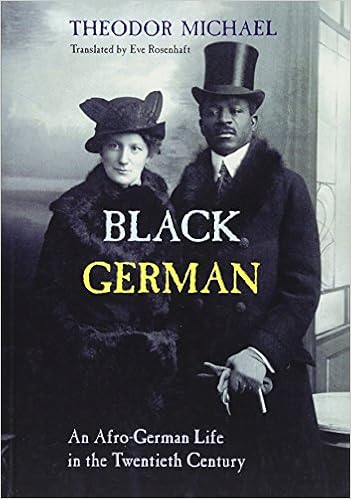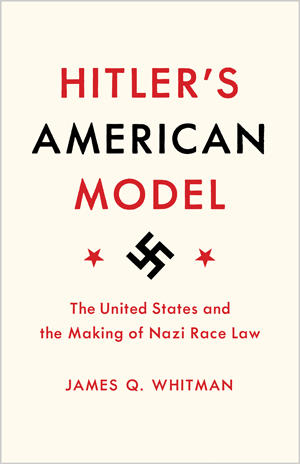Who Needs Hybridity? The Political Limits of Mixed Race IdentityPosted in Canada, Dissertations, Identity Development/Psychology, Media Archive on 2017-03-07 21:12Z by Steven |
Who Needs Hybridity? The Political Limits of Mixed Race Identity
University of Toronto
November 2016
153 pages
A thesis submitted in conformity with the requirements for the degree of Masters of Arts Department of Social Justice Education Ontario Institute for Studies in Education
This thesis examines how non-white, mixed race women with Asian heritage understand, participate in, and resist colonialism, anti-blackness and anti-Indigeneity. The study finds that mixed race identification is contextual and shifts according to the racial make-up of spaces. Participants performed their identities in white spaces differently than in communities of colour. Although all participants could name whiteness, their awareness of the racial and colonial basis of citizenship was situated on a spectrum. The thesis explores how race is understood through multiple axes of identity such as disability, gender, and sexuality. Although the family is often a good space to learn about race, multiracial families sometimes reproduced ableism, queer-phobia, anti-blackness and shadism. Lastly, I focus on how hybridity is a sexualized discourse that contributes to the fetishization of multiraciality. I highlight the sexualized forms of violence that multiracial women encounter.
Read the entire thesis here.








